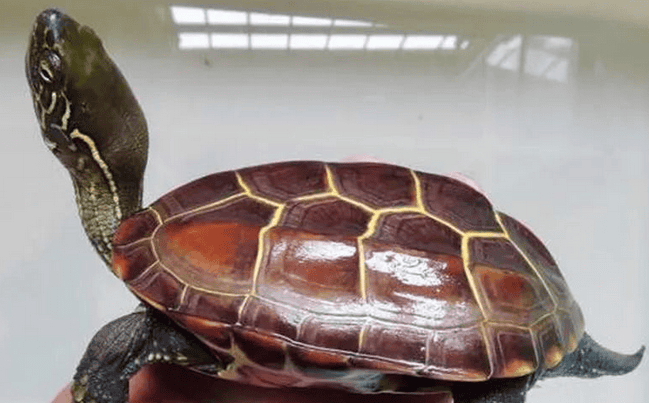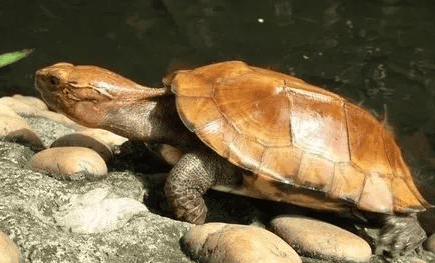Raising turtles is not only about admiring their leisurely posture in the water and enjoying their innocence under the sun, but also a responsibility and care for life. Every turtle owner should be the health guardian of his or her pet, and through careful observation, they should promptly discover and deal with possible health problems.
Moreover, in fact, as long as you develop a good habit when raising turtles, everything can be broken, and that is observation. Everything can be prevented by observation.

1. Observation and management of water quality
Clear and transparent Good water quality is the basis for a healthy life for turtles. We must first observe the color and transparency of the water. Normal water should have a faint turtle smell rather than a pungent odor. Once you find that the water quality becomes turbid or smells bad, it may be that the organic matter content is too high, providing an environment for viruses and bacteria to breed.
In addition to observation, regular water quality testing is also necessary. Based on the test results, we can determine whether water needs to be changed, as well as the amount and frequency of water changes. Remember, when changing the water, you should not only remove floating foreign objects and sediment at the bottom of the tank, but also remove spoiled feed and feces. Keeping the water clean is protecting the turtle's health.
2. Observation of the status and food intake of turtles
Healthy turtles have strong bodies and bright and shiny colors. When you notice that your turtle's body color has faded, or that it has become listless and always hiding in corners, this may be a sign that it is not feeling well. Observing the status of turtles every day has become a habit of many turtle owners. By observing the turtle's eating status and food intake, we can judge its physical condition and whether there is any disease.
3. Observation of turtle feces
Turtle feces is also an important basis for judging its health status. Normal turtle droppings should appear black or dark brown and have a complete shape. Once you find that your stool is white, jelly-like, or stuck in your butthole, this may be an early symptom of enteritis. At this time, we should take timely measures to avoid worsening of the condition.

Of course, sometimes after a turtle defecates, it will change due to the agitation of the water body. It has to be broken and muddy, which is normal. Just because you don't see formed poop, don't think that your turtle doesn't have formed poop and start worrying blindly. In fact, without jelly-like poop, there is no bad news.
Raising turtles is not only a hobby, but also a responsibility. Through observation, learning and practice, we can take better care of our pets, allowing them to swim freely in the water and enjoy the sun and the beauty of life. Let us work together to become better turtle owners and protect the health and happiness of turtles.

 扫一扫微信交流
扫一扫微信交流
发布评论